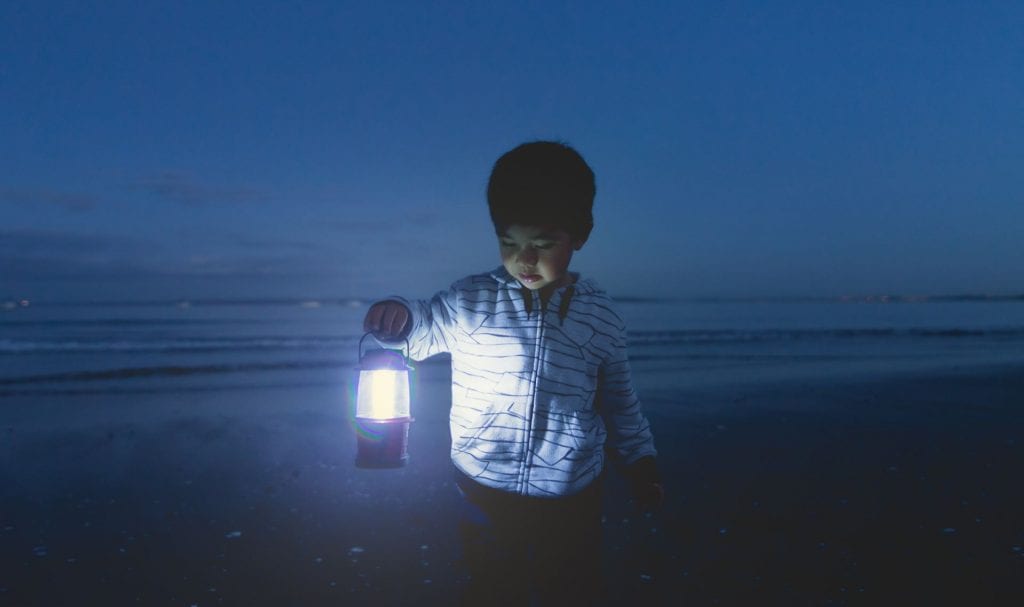By Sarah Hetrick and Tania Cargo
 As researchers supporting mental health and wellbeing for young people, we endorse the focus of He Ara Oranga, the report of the Government Inquiry into Mental Health and Addiction, on a more holistic approach to mental health and wellbeing supported by greater access to meaningful and culturally appropriate services.
As researchers supporting mental health and wellbeing for young people, we endorse the focus of He Ara Oranga, the report of the Government Inquiry into Mental Health and Addiction, on a more holistic approach to mental health and wellbeing supported by greater access to meaningful and culturally appropriate services.
We want to highlight that the people who miss out the most on the support and services they need to maintain mental health and wellbeing are children, young people and whānau with infants. We know up to 80% of young people are not receiving the support they require.[i] Addressing this need is key to understanding how to reduce the harmful and multilayered effects of New Zealand’s unacceptably high youth suicide statistics. When a young person takes their life the ripples are felt across family, whānau and community and continue to impact on the mental health and wellbeing of those who loved them.
The report highlights a prevention focus and points to the need to provide support early before mental health declines to severe illness with the resulting burden on the person, their family and whānau and significant cost to the health system. There is a pressing need to change the “trajectory”, from what is for too many New Zealanders, a journey towards mental distress and illness towards a path of mental wellbeing based on culturally appropriate and responsive continuum of care that ensures a preventive focus and much earlier intervention.
But how do we do this with a serious shortage of qualified professionals and as the report notes, a narrow spectrum of services directed to those with severe mental health needs?
Innovative and smart approaches are needed, which is why we are developing a range of e-mental health programmes for young people and their families that enable them to maintain wellness, to identify distress early, and to do something constructive to address this distress using evidence informed advice and strategies. Delivered through digital platforms, smartphones and websites, and powered by a virtual and secure “research” engine, these tools will be available 24/7, and will encompass a suite of self-help tools and tools to be used with family, whānau and support people to empower young people to build resilience and learn to love their lives in the context of their family. The tools we are working on have been co-designed and include culturally relevant and kaupapa Māori options for Māori whānau as well as culturally relevant tools for Pasifika young people and their communities.
There is no easy answer to address the issues identified in the inquiry report but the e-health tools for mental wellbeing should be a necessary part of a wider system of choice if New Zealand is to build mental health services with the continuum of care highlighted as important in He Ara Oranga.
E-mental health tools can be used as self-help or within the primary care system or within kura/schools. They can also be accessed at times and places that are convenient to the young person and their family rather than the service. Built into the tools are processes to ensure continuous improvement to the value and impact of the users experience of the tool via user feedback. The goal is to create a suite of e-health tools that are truly responsive to the fluid environments and needs of the young people and whānau. At heart the report challenges us to remember that we must place people at the centre of all that we do if their health is to flourish.
+Sarah Hetrick and Tania Cargo are the Resilient Teens research theme leaders, A Better Start National Science Challenge. One of 11 National Science Challenges, A Better Start is bringing together the researchers to ensure tamariki have a healthy weight, are successful learners and as young people, can access the tools needed to maintain mental wellbeing.
[i] (Mariu et al 2012).
